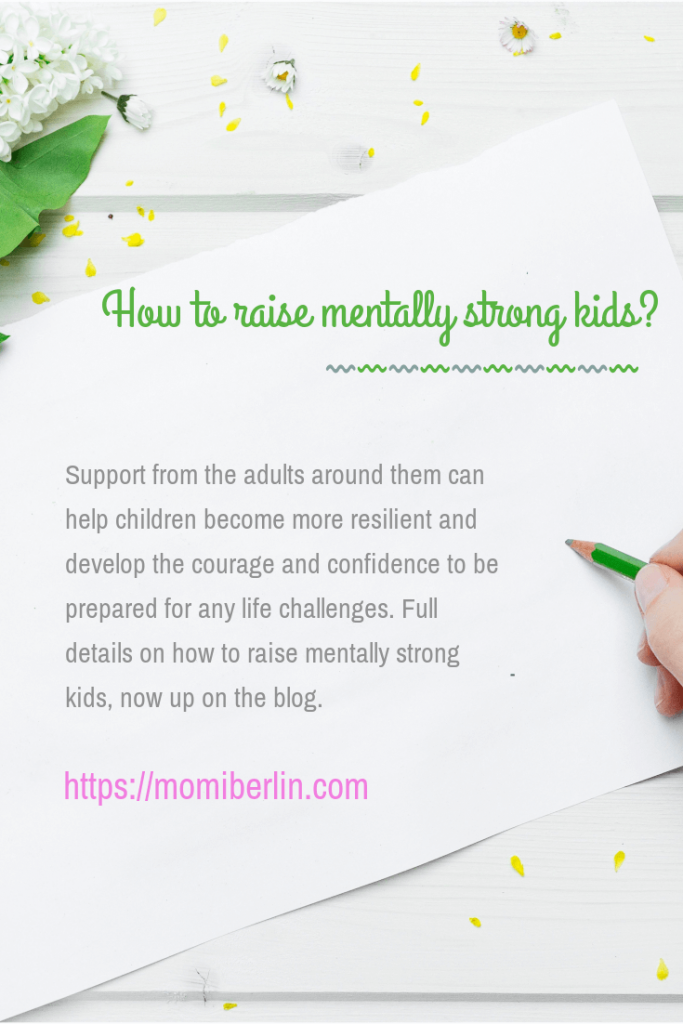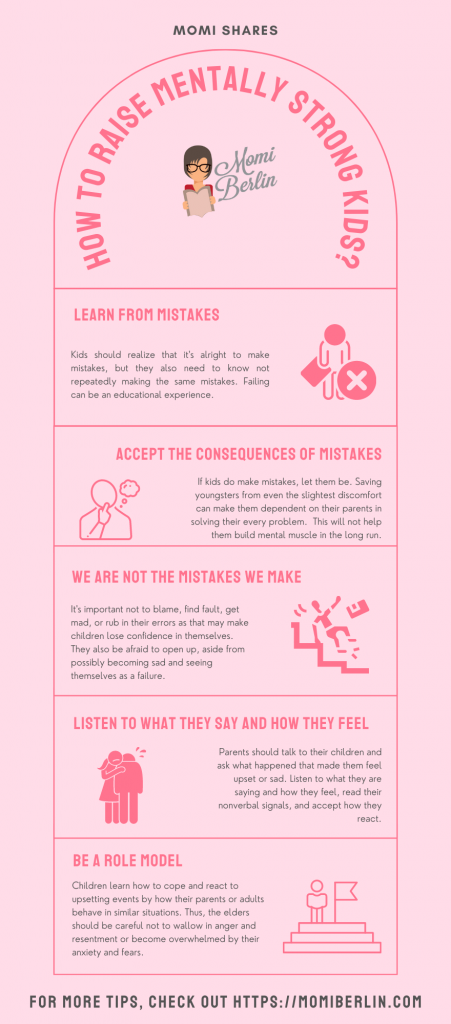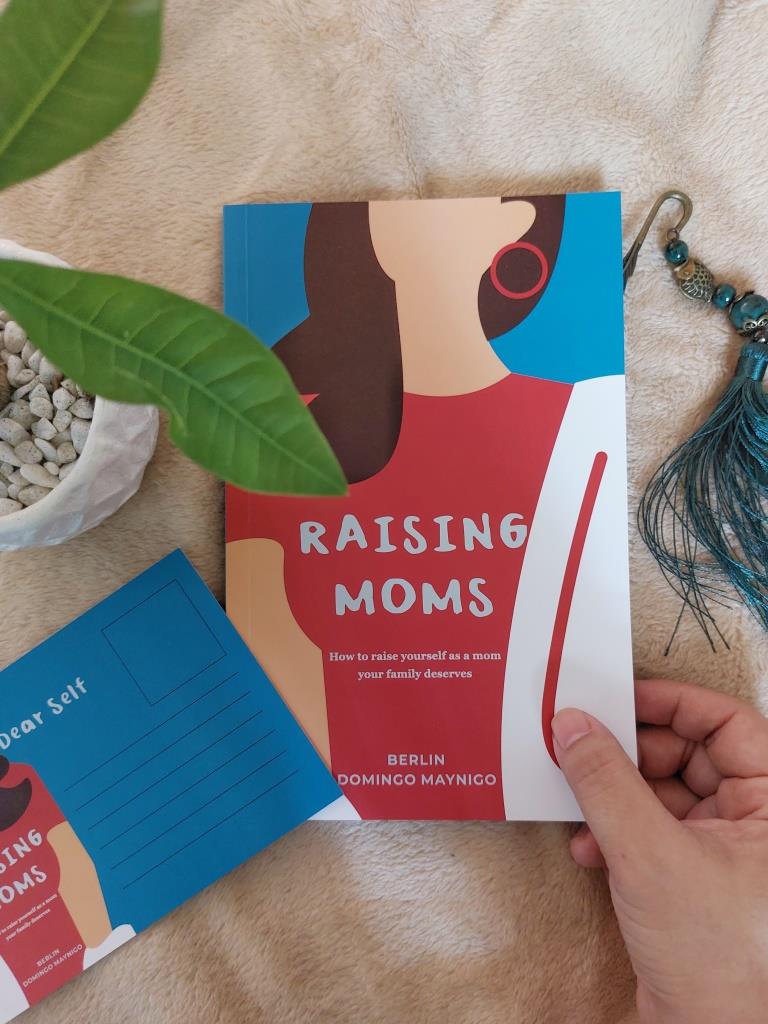Raising mentally strong kids
An expert from MakatiMed shares different ways parents can help kids cope with life’s challenges.
The conversations on mental health have been significantly associated with adults, but mental health problems can occur at any age, even among children. The fact is that childhood experiences can influence how the brain develops to build the foundations of strong mental health throughout one’s life.

An expert from Makati Medical Center (MakatiMed), a top hospital in the Philippines, says that it’s in the hands of parents or guardians to raise kids who can solve problems and cope with hardships. “Support from the adults around them can help children become more resilient and develop the courage and confidence to be prepared for any life challenges,” says Anna Josefina Vazquez-Genuino, MD, Child & Adolescent Psychiatrist of MakatiMed’s Section of Psychiatry.
She shares different approaches that parents and guardians can adapt to raise mentally healthy kids.
Learn from mistakes
Kids should realize that it’s alright to make mistakes, but they also need to know not repeatedly making the same mistakes. Failing can be an educational experience. “Teach kids how to become stronger and wiser in facing life challenges,” says Dr. Vazquez-Genuino. She adds that sometimes what we think was a mistake might turn out to be an opportunity for success.
“To help kids learn from their mistakes, it helps to talk about what happened and ask them about their thoughts on how they reacted and dealt with a situation. Try to ask how else they could have handled the situation. It would probably be better to avoid blaming the child or saying words like wrong, error, and mistake,” Dr. Vazquez-Genuino adds.
Dr. Vazquez-Genuino also says that children should be encouraged to approach their parents for whatever doubts or questions they have in mind. This way, parents teach their children to be humbler and ask for advice when they are unsure what to do, rather than pretend that they are competent enough to handle the situation.
Accept the consequences of mistakes

If kids do make mistakes, let them be, the doctor says. “Saving youngsters from even the slightest discomfort can make them dependent on you in solving their every problem. This will not help them build mental muscle in the long run,” the doctor stresses.
The role and attitude of parents towards allowing kids to make mistakes evolves depending on the child’s age for their safety. While parents should keep an eye on their youngsters at all times, Dr. Vazquez-Genuino says that they may gradually give some freedom to preschoolers 3 to 6 years old, like allowing them to decide on what to wear or what toy to play with.
For elementary school children, parents may start giving them more responsibilities such as preparing their school bag, helping with household chores, and taking care of their younger siblings, if any. “And should they forget to do these things they are already capable of, let them suffer the natural consequences,” she adds.
We are not the mistakes we make
It’s important not to blame, find fault, get mad, or rub in their errors as that may make children lose confidence in themselves. Blaming kids may also result to them being afraid to open up, aside from possibly becoming sad and seeing themselves as a failure. “We can help them to take to these mistakes in stride, console and encourage them to get up, try again and not to lose hope or give up. Charge it to experience and become the stronger and more mature person they have become due to these mistakes. After all, we should not let our mistakes define who we are,” says Dr. Vazquez-Genuino.
Accepting children with their strengths and weaknesses and their successes and failures may make them understand that it is acceptable not to be perfect. Parents should continue showing their appreciation for their children’s good points and efforts.
Listen to what they say and how they feel
Children need to learn how to accept and deal with uncomfortable emotions, be it their own or seeking help from others. “Of course, you’d want your children to be happy, so it’s just natural to try to cheer them up when they’re upset or mad. But kids should be able to learn to regulate their emotions and not depend on something or someone else to make them feel better,” Dr. Vazquez-Genuino points out.
This doesn’t mean that children should be left on their own when dealing with their feelings. Parents should talk to them and ask what happened that made them feel upset or sad. Listen to what they are saying and how they feel, read their nonverbal signals, and accept how they react. “Try not to judge or impose what you want or insist you are right. Understand their perspective and their feelings. You could reflect what their feelings are, and if at a loss for words, be honest,” the doctor adds.
Be a role model
Children tend to imitate the people closest to them. “Children learn by our example; thus, we need to be more conscious of what we say and do and manifest the attitude and behavior we want our children to learn. We also need to be consistent because if we are not, then as parents or adults who teach the young need to have the humility to accept correction from our kids, especially when they notice our mistakes and speak the truth,” says Dr. Vazquez-Genuino.
Children also learn how to cope and react to upsetting events by how their parents or adults behave in similar situations. Thus, the elders should be careful not to wallow in anger and resentment or become overwhelmed by their anxiety and fears. Nor do they need to pity or think of themselves as helpless victims when around their children if they don’t want the latter to do the same when faced with problems, she adds.
Raise mentally strong kids
It may not be as emphasized, but mental health is as important as physical well-being. By providing children with the necessary tools—including professional help if necessary—to cope with their emotions and problems, parents and guardians are already giving them a good head start in life.
“If your child still feels anxious or sad after a week or two, then perhaps it is time to seek professional help to offer an objective perspective, provide a new outlook and facilitate resolution of the situation,” says Dr. Vazquez-Genuino.
For more information, please get in touch with MakatiMed On-Call at +632.8888 8999, email mmc@makatimed.net.ph.
Momi Berlin Directory
MakatiMed Website













This is from the experts and how I appreciate everything here on your blog ,I’m.a mom, I need this . I need to find ways and means for my kids sake.
These are very helpful guide and information for an effective parenting style.
Yes po,tayong mga parents kasi yong magiging role model nila ,kumbaga kung ano yong nakikita nila sa atin ang alam nila tama at okay yon kaya gagawin din nila ,kaya dapat talaga maging isang magandang halimbawa tayong magulang sa mga anak natin.Tsaka tayo yong kalakasan nila sa lahat e,Tiwals silang nandyan tayo pasa sakanila ,yong isusupport natin sila ,Yong kakausapin natin sila if may prob or ano prob.Minsan kasi klailangan din natin na italk heart to heart sila.
MatUtulungan talaga natin sila kasi tayo PO mismong magulang nila at kung ano mga maituturo natin sa kanila na di sila mahihiya satin po talaga mangagaling yang confident na ibibigay o etuturo natin sa kanila
Tayong mga magulang ang kinikilalang Role Model ng ating mga anak kaya nararapat lamang na kumilos tayo at turuan natin sila ng maganda upang maadapt din nila ito at magamit sa paglaki nila .
Pagdating po talaga sa mental health ng ating mga anak ay malaki ang bahagi nating mga magulang para maging mentally strong sila. Lalo na ngayong pandemic at nasa bahay lang sila nakapermi..
Malaki po talaga ang bahagi nating mga magulang pagdating sa pangangalaga ng mental health ng ating mga anak . Lalo na ngayong pandemic at sa bahay lang sila naka permi ..
Isa tayo sa ROLE MODELS ng ating mga anak kaya dapat maganda ang ating ipinapakita at itinuturo sa kanila upang madala at magamit nila ito kahit saan mn sila magpunta.
Palagi natin silang kausapin at kumustahin upang malaman natin ang kanilang nararamdaman at para hindi din sila mahiya sa pagbabahagi. Iwasan din nating icompare sila sa ibang mga bata bagkus turuan natin sila sa mga bagay na hindi pa nila gamay upang makuha nila ito ng tama . Purihin din po natin sila everytime na may achievements silang nagagawa kasi sa tulong nito ay mamomotivate pa silang lalo na pagbutihin ang kanilang ginagawa. At lastly, sa murang edad pa lamang nila ay turuan na natin silang magdasal ..
Importane talaga ung role ng mga nakapaligid sa ating mga kids lalo na tayong mga magulang. Kaya dapat maging mabuting halimbawa at ituro natin sa kanila kung paano harapin ung mga pagsubok ng may tiwala sa sarili, at para healthy din ang kanilang mental health paglaki.
Tayo ang unang hahangaan ng ating mga anak at sila ang fans natin kaya in and out dapat mabuti ang tinuturo at nalalaman nila galing sa atin sapagkat sila din naman ang makikinabang balang araw
Yes dahil Momi tayo talaga mga magulang ang unang nag papakita sa kanila na mga tama at hindi dapat gawin kaya mas nagiging aware sila sa mga gagawin nila or iniisip nila kaya dapat tamang gabay natin ang maipakita natin sa kanila
Tayong mga magulang ang siyang magiging sandigan at role model ng ating mga anak sa pagkakaroon ng malakas na mental health. Kaya dapat ituro natin sa ating mga anak ang mga pagkakamali eh parte ng paglaki at pagharap sa mga hamon ng buhay.
Marami akung natututunan dito yung iba mali ko nai hahandle kaya parang realization ko din ito to be a better mom.. Thank you Momi ❤️
Maging magandang halimbawa tayo s ating mga anak gayundin ang matuto tayo s ating pagkakamali dun natin mahuhubog ang pag uugali ng ating mga anak